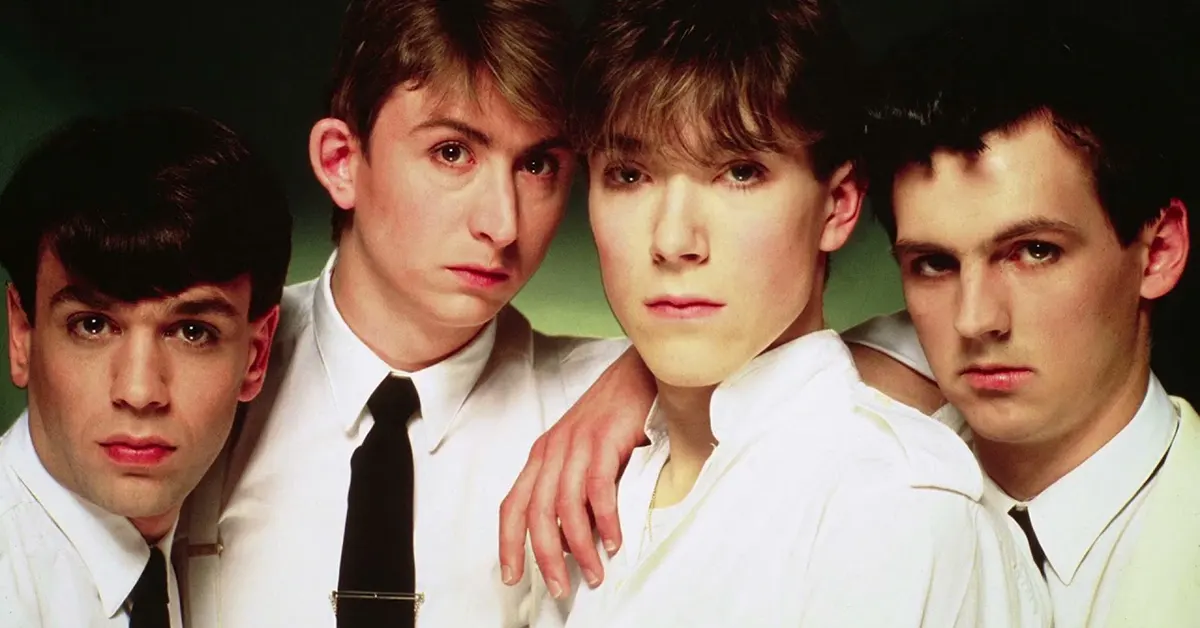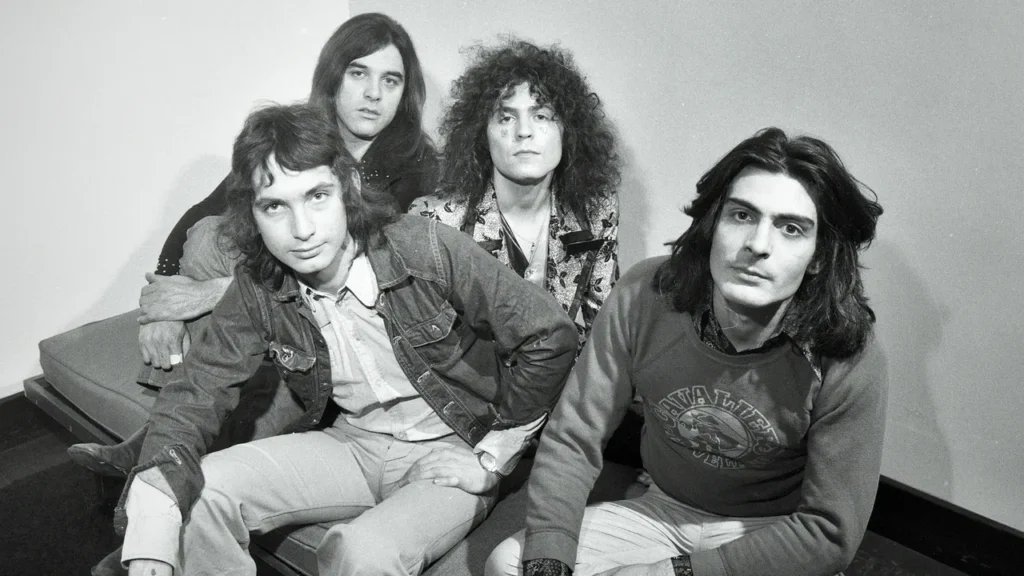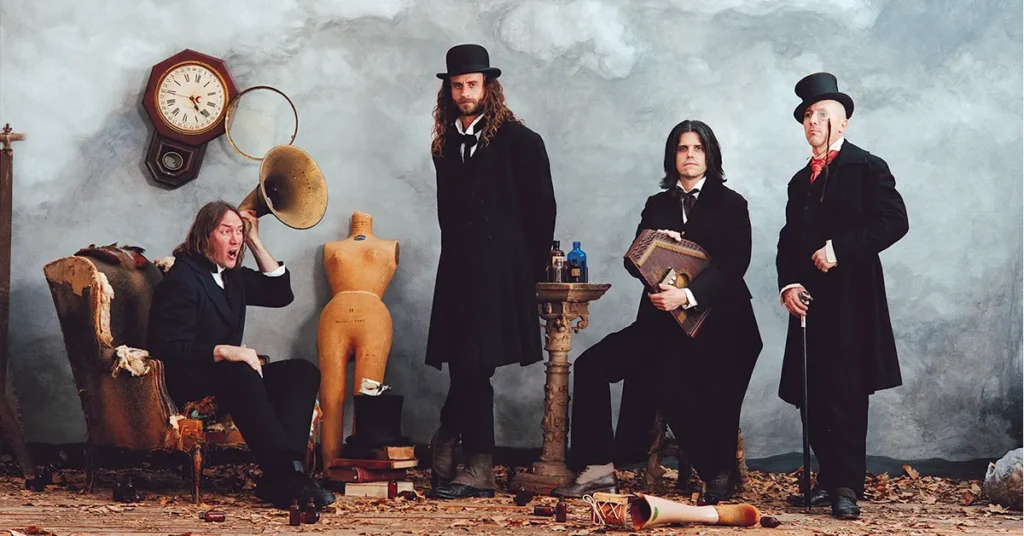Talk Talk: From Synth-Pop Beginnings to Post-Rock Visionaries
Formation and Early Career
Talk Talk was formed in London, England in 1981 by:
- Mark Hollis – lead vocals, guitar, piano
- Paul Webb – bass guitar
- Lee Harris – drums
- Simon Brenner – keyboards (early member)
Initially, Talk Talk started as a synth-pop/new wave band, quickly gaining attention for their sophisticated sound and thoughtful lyrics.

Early Success with Synth-Pop Hits
Their debut album, The Party’s Over (1982), and the follow-up, It’s My Life (1984), featured catchy singles like the title track “It’s My Life” and “Talk Talk.” These albums were characterized by:
- Polished synth-driven production
- Pop accessibility
- Mark Hollis’s distinctive vocal style
The band enjoyed commercial success and became a staple of the early 80s UK music scene.

Artistic Transformation and Groundbreaking Albums
Starting with their third album, The Colour of Spring (1986), Talk Talk shifted dramatically towards a more organic, experimental sound that blended art rock, jazz, and ambient music. This album featured complex arrangements and deeper emotional content, earning critical acclaim.
The true creative pinnacle came with their final two studio albums:
- Spirit of Eden (1988)
- Laughing Stock (1991)
These records are widely considered masterpieces of post-rock and experimental music. They moved away from traditional song structures, embracing improvisation, minimalism, and atmospheric textures. This innovative approach influenced many future artists and genres.
Musical Style and Legacy
Talk Talk’s evolution can be summarized as:
- Early synth-pop/new wave roots with strong melodies
- A shift to art rock and experimental soundscapes
- Pioneers of post-rock before the term existed
- Use of space, silence, and dynamics as compositional tools
Their music remains influential, with artists citing them as inspirations in alternative rock, ambient, and experimental music scenes.
Interesting Facts
- Mark Hollis became famously reclusive after the band disbanded, releasing only one solo album in 1998.
- The band fought legal battles to maintain creative control over their work, especially during the transition from pop to experimental music.
- “It’s My Life” was covered successfully by No Doubt in 2003, introducing Talk Talk’s music to a new generation.
- The albums Spirit of Eden and Laughing Stock have been reissued multiple times with remastered editions, praised for their timeless innovation.
Select Discography
- The Party’s Over (1982)
- It’s My Life (1984)
- The Colour of Spring (1986)
- Spirit of Eden (1988)
- Laughing Stock (1991)
Talk Talk’s journey from chart-topping synth-pop to pioneering post-rock innovators makes them a unique and revered band in music history, celebrated for their artistic courage and lasting influence.





